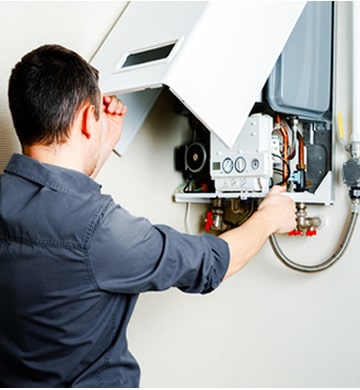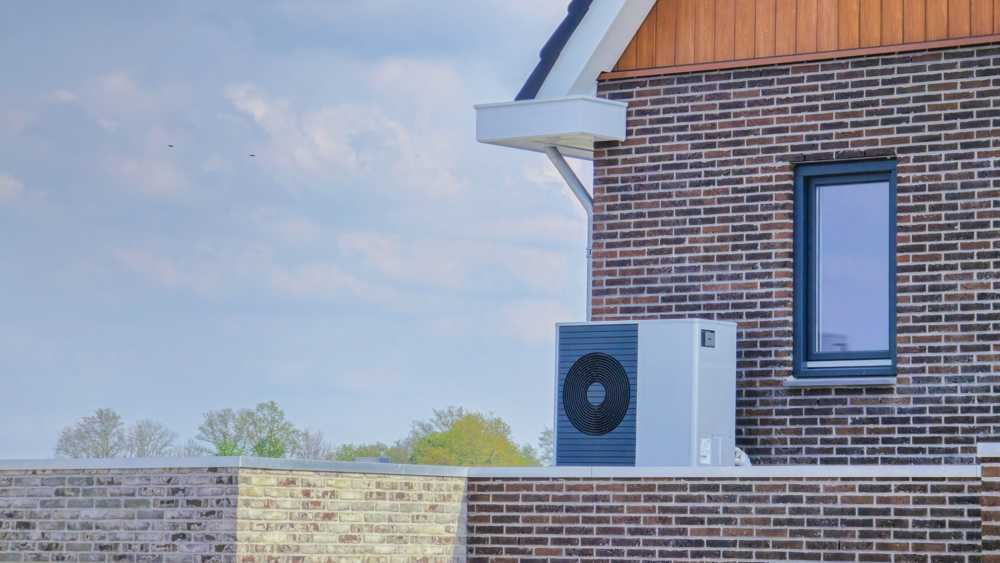
Best HVAC Systems for Homes: A Comprehensive Guide
Choosing the right HVAC (Heating, Ventilation, and Air Conditioning) system is crucial for maintaining home comfort, improving energy efficiency, and reducing utility costs. Whether you’re building a new home or upgrading your existing system, selecting the best HVAC system can make a significant difference in your comfort and savings. In this comprehensive guide, we will explore various types of HVAC systems, their energy efficiency ratings, costs, and benefits to help you make an informed decision for your home.
What is an HVAC System?
An HVAC system is responsible for controlling the heating, cooling, and ventilation of your home, ensuring comfortable indoor temperatures year-round. These systems consist of three main components:
1. Heating: Usually provided by furnaces or heat pumps.
2. Ventilation: This involves moving air throughout your home, either by removing indoor air pollutants or bringing in fresh outdoor air.
3. Air Conditioning: Cools your home during hot months, removing humidity and providing comfort.
An efficient HVAC system ensures optimal air circulation, improves indoor air quality, and keeps your energy bills manageable.
Types of HVAC Systems
There are various types of HVAC systems available, each with distinct benefits and ideal applications. Below is a breakdown of the most common types of residential HVAC systems.
Central Air Conditioning Systems
Central air conditioning is one of the most popular HVAC systems in homes, especially in regions with hot summers. This system uses ductwork to distribute cooled air throughout the home. A central AC system comprises two main components: an outdoor unit (condenser) and an indoor unit (evaporator coil).
Pros:
– Effective for cooling large homes.
– Can be paired with a furnace for heating and cooling.
Cons:
– Requires ductwork, which can be expensive to install or maintain.
– Can lose efficiency due to air leaks in ducts.
Ductless Mini-Split Systems
Ductless mini-split systems are ideal for homes without ductwork or for additions where installing ducts isn’t feasible. These systems include an outdoor compressor and one or more indoor air-handling units, each serving a separate room.
Pros:
– High energy efficiency.
– Flexible zoning for individual rooms.
– Easy installation in homes without ducts.
Cons:
– Higher upfront costs.
– May not be as effective for cooling large spaces.
Heat Pumps
Heat pumps are versatile HVAC systems that can both heat and cool your home. They work by transferring heat rather than generating it, making them energy-efficient, especially in moderate climates.
Pros:
– Energy-efficient heating and cooling.
– Low operating costs compared to traditional furnaces.
– Can be paired with a furnace for greater flexibility in colder climates.
Cons:
– Less efficient in extremely cold climates.
– Higher upfront installation costs.
Hybrid HVAC Systems
A hybrid HVAC system combines a heat pump with a traditional furnace. This allows homeowners to switch between electricity and gas depending on which is more energy-efficient at any given time.
Pros:
– Energy-efficient and cost-effective.
– Provides flexibility based on energy costs.
Cons:
– Higher installation costs.
– Maintenance may be more complex.
Geothermal HVAC Systems
Geothermal systems use the earth’s consistent underground temperature to heat and cool your home. These systems are incredibly energy-efficient but come with high upfront costs.
Pros:
– Highly energy-efficient.
– Low operating costs.
– Long lifespan (up to 50 years for ground loops).
Cons:
– Expensive installation.
– Requires significant yard space for ground loops.
Energy Efficiency and HVAC Systems
Energy efficiency is a key consideration when choosing an HVAC system, as it impacts both environmental sustainability and your utility bills. Two key metrics to consider are:
– SEER (Seasonal Energy Efficiency Ratio): Measures cooling efficiency. The higher the SEER rating, the more efficient the system.
– Energy Star Certification: HVAC systems with Energy Star labels meet strict efficiency guidelines set by the U.S. Environmental Protection Agency.
For comparison:
– Central AC Systems: SEER ratings typically range from 13 to 20.
– Ductless Mini-Splits: Often have SEER ratings as high as 30.
– Heat Pumps: SEER ratings range from 14 to 24, with geothermal systems offering even higher efficiency.
Using a system with a high SEER rating can significantly lower your utility bills while reducing your environmental footprint.
Smart HVAC Systems: The Future of Home Climate Control
Smart HVAC systems are revolutionizing home climate control. By integrating smart thermostats and home automation systems, homeowners can remotely control their heating and cooling, leading to increased comfort and energy savings.
Benefits of Smart HVAC Systems:
– Remote Access: Control your system via smartphone apps, even when you’re not at home.
– Energy Savings: Smart thermostats learn your habits and adjust temperatures accordingly.
– Customization: Zone control allows you to heat or cool specific areas of your home as needed.
Choosing the Best HVAC System for Your Home
Selecting the right HVAC system depends on several factors, including your home’s size, climate, budget, and long-term energy goals. Here are some tips to help you choose the best system:
– Home Size: Larger homes typically benefit from central air conditioning, while smaller homes or specific zones may work well with ductless mini-split systems.
– Climate: Heat pumps are excellent for moderate climates, while hybrid systems offer flexibility in areas with extreme temperature fluctuations.
– Energy Goals: If energy efficiency is your top priority, consider geothermal systems or high-SEER heat pumps.
– Budget: While geothermal systems are energy-efficient, they require a larger upfront investment. Ductless mini-splits are a more affordable alternative for those without ductwork.
Conclusion: Making the Right Choice for Home Comfort
Choosing the best HVAC system for your home is a major decision that affects both your comfort and energy bills. By understanding the pros and cons of different systems, assessing your home’s unique needs, and considering factors such as energy efficiency and installation costs, you can make an informed choice. For expert advice and professional installation, don’t hesitate to contact Ocean Air Cool HVAC professionals.







